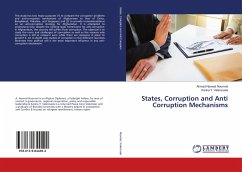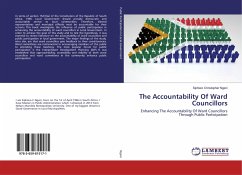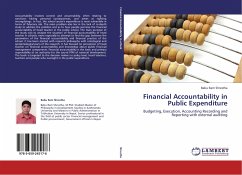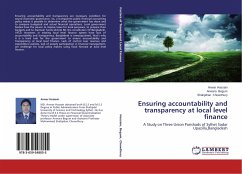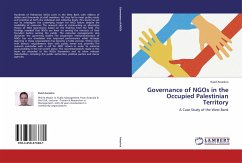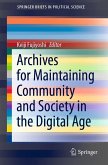This study has two major purposes (1) to compare the corruption problems and anti-corruption mechanisms of Afghanistan to that of China, Bangladesh, Palestine, and Singapore and (2) to provide recommendations on an anti-corruption strategy for Afghanistan. It is attempted to understand why, despite the existing legal frameworks for anti-corruption in Afghanistan, the country still suffers from corruption. The objective is to study the roots and challenges of corruption as well as the reasons why corruption is still so rampant even while there are measures in place to prevent it. An in-depth case studies of corruption in five different countries illustrates how political will is the most important influence in any anti-corruption mechanism.
Bitte wählen Sie Ihr Anliegen aus.
Rechnungen
Retourenschein anfordern
Bestellstatus
Storno

